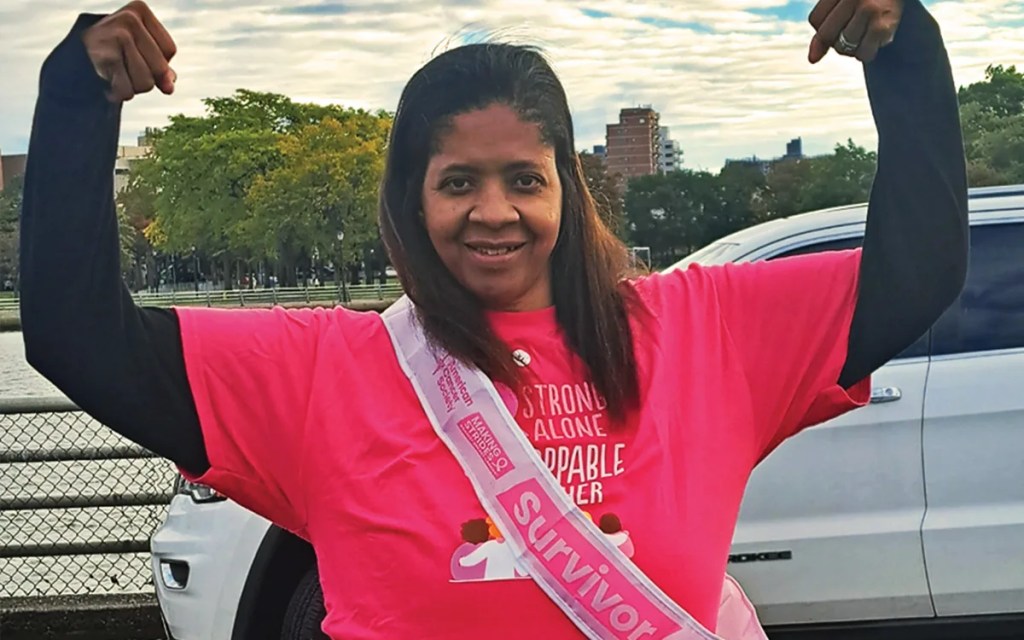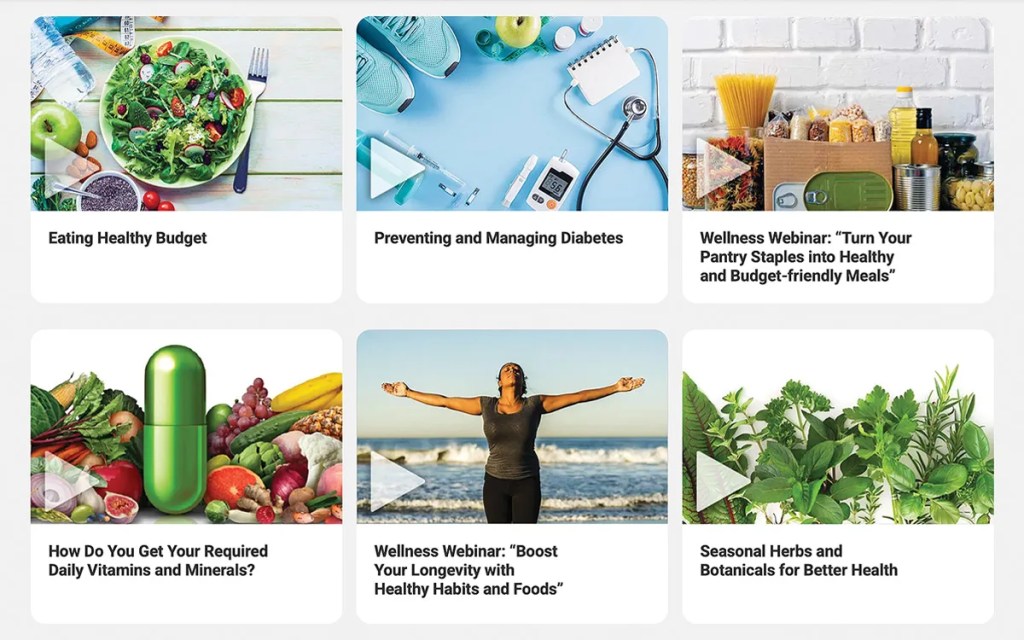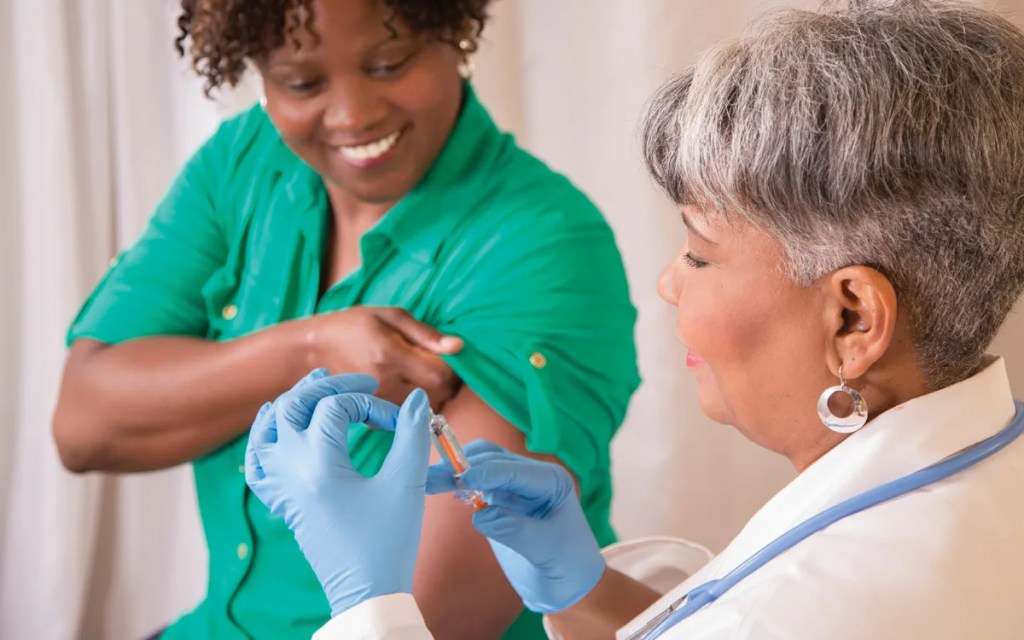Screenings save lives

Staying up to date with your health screenings can help you know your numbers and have a clearer picture of where you stand.
Based on your results, you and your doctor can put together a plan to help you improve your health. Our Chief Medical Officer, Dr. Van H. Dunn, recommends these screenings to help you maintain a healthier, fuller life.
Avoid being surprised by health issues, or, if there are any, get a jumpstart on necessary treatments. Individual screening schedules may vary based on your specific health history, family history and risk factors.
Check with your primary care physician to find out which screenings are right for you.
Schedule Your Screenings for the Year
Your Benefit Fund’s Chief Medical Officer recommends that you follow these screening guidelines.
| Screening | Beginning at age | How often? |
|---|---|---|
| Physical Exam | All ages | At least every year |
| Eye Exam | Age 40+ | Every 2 to 4 years |
| Blood Pressure Screening | Age 18+ | At least every year |
|
Cholesterol*
|
Age 18+
If your initial test results were abnormal, or if you’re at higher risk of heart disease
|
Every 5 years As directed per your doctor |
|
Glucose/Blood Sugar Screening for Diabetes*
|
Age 45+ | With every annual checkup |
|
Bone Density (osteoporosis screening)
|
Women: age 65+, as well as younger postmenopausal women who have risk factors or who have had a fracture as an adult
Men: 65+
|
Women: Once, then as directed per your doctor
Men: Discuss with your doctor
|
Cancer Screenings †
| Age 45+ |
Colonoscopy every 10 years or Fecal occult blood test every year or Cologuard every 3 years
Ask your doctor which test is best for you.
|
|
| Cervical Cancer: PAP test |
Women age 21–65
|
Every 3 years
|
| Cervical Cancer: HPV and PAP test | Women age 30–65 | Every 5 years, or just Pap test every 3 years (If an HPV test is positive, screenings should be annual)†† |
| Breast Cancer: Clinical Breast Exam |
Women age 20+
|
At your regular checkup |
| Breast Cancer: Mammography | Women age 40+ | Every year |
| Prostate Cancer | Men: Discuss with your doctor | Discuss with your doctor |
| Lung Cancer | Current/former smokers within the past 15 years, age 50 to 80, who smoked 1 pack/day for 20 years or 2 packs/day for 10 years. | Annual |
* Talk to your doctor if you smoke; are overweight; have high blood pressure, diabetes or a history of gestational diabetes; have a family history of diabetes, heart disease or stroke; or are at risk for coronary artery disease.
Sources: American Academy of Family Physicians; American Cancer Society; U.S. Department of Health and Human Services



























